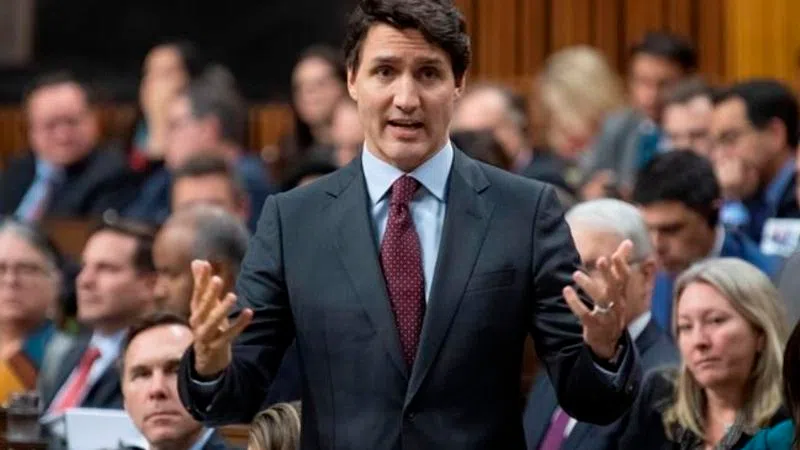
Trudeau’s minority Liberal government survives first confidence vote
OTTAWA — Justin Trudeau’s Liberals survived Tuesday their first test of confidence in the House of Commons but got a pointed reminder of how opposition parties can still make life complicated for a minority government.
Conservatives mustered the support of other opposition parties to pass a motion calling for the creation of a special parliamentary committee to examine Canada’s fraught relationship with China.
The motion authorizes the committee to order the prime minister, Foreign Affairs Minister Francois-Philippe Champagne, Public Safety Minister Bill Blair and Canada’s ambassador to China, Dominic Barton, to appear as witnesses “from time to time as the committee sees fit.”
But while that could tie up Trudeau and his ministers and dwell on sensitive diplomatic and trade conflicts with China that the Liberals would prefer to deal with outside the public spotlight, they will at least get to continue governing.


